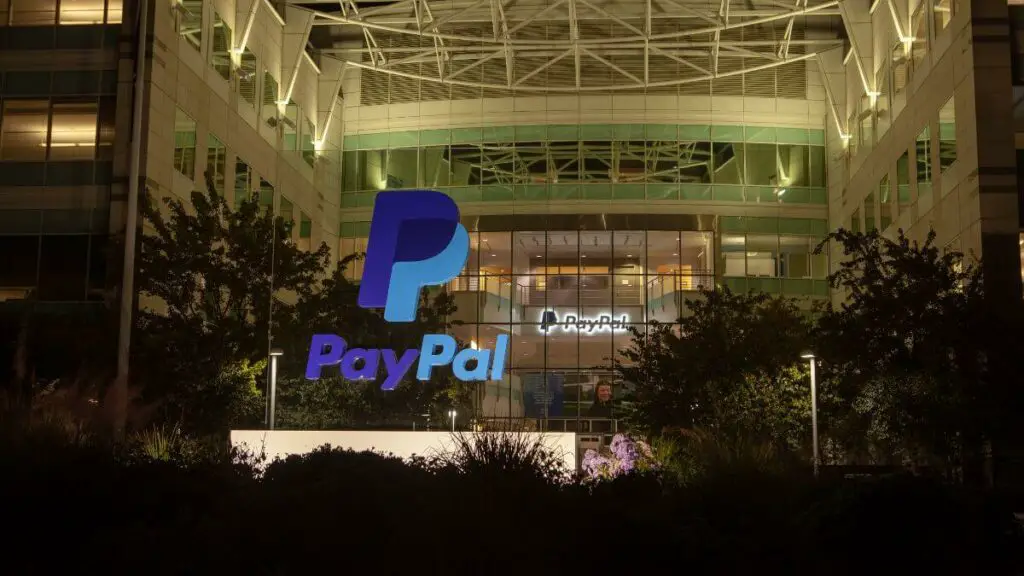The rapid proliferation of smartphones has added a new element to personal finance: payment apps. These apps provided additional convenience when paying individuals, replacing cash as the most popular medium of exchange for buying used goods, repaying friends, or helping out local nonprofits. When a credit card reader is unavailable, you can use a payment app on your phone instead of digging through your wallet for cash. Unfortunately, the ease of using payment apps has also made it the newest playground for scammers. During 2022, the rate of fraud on payment apps significantly increased.
Don’t Pay Beforehand If You Don’t Know The Seller
While cash payments for goods and services typically occur at the time of exchange or service rendered, payment apps allow buyers or renters to pay ahead of time. Unfortunately, this has led to many scams, with fraudsters selling goods, services, and even renting properties that do not exist. Buyers pay through an app like Venmo, Zelle, Cash App, or PayPal…and only realize the fraud when the seller effectively “ghosts” them. What’s worse is that payment apps are currently not regulated at the same level as credit cards or debit cards from banks, meaning fraud conducted through these apps is often not refunded.
Basically, if you pay through a payment app, the money cannot be recovered once it is determined that fraud has occurred. Credit cards and debit cards allow the owner to dispute the charge and typically receive a full refund. As a result of this difference, many want payment apps to be included under the protection of the FDIC (Federal Deposit Insurance Corporation), which regulates and protects consumers’ money in banks. The FDIC currently does not have peer-to-peer (P2P) payment systems, which include these popular payment apps.
An additional risk of using some payment apps is that they include lots of user information that is easy to see publicly. While bank and credit card user data is often encrypted and difficult to hack, some payment apps make user info public by default. Therefore, unless users change this setting, anyone using the app can see that they paid a certain amount for a thing. As of May 2022, over 40 percent of Venmo users had shared some of this data while making payments, many perhaps not realizing that their use did not default to private.
Banks Won’t Ask You to Transfer Money Through a Payment App
One risk of public data on payment apps is that it gives scammers an increased ability to sound like they are from your bank. Because payment apps are connected to a checking account or credit card, scammers have begun calling targets and telling them that their checking account has been hacked and they need to transfer money to a new account using the payment app. Typically, this is set up to appear to be the target’s own checking account. Unfortunately, then the target’s transferred money disappears.
Banks will never ask users to send money over a payment app, so any request to do so is fraudulent. Consumers should also never agree to make any sudden money transfer, as this is almost always a scam. When a caller claims to be from a customer’s bank, the customer should check the back of his or her debit card to ensure that the phone numbers align. Bank employees would never call customers from a private number, such as their personal cell phone. As an added level of protection, bank customers should state that they are ending the call and will call back using the bank’s listed phone number to ensure that they are actually speaking to an employee at the bank.

